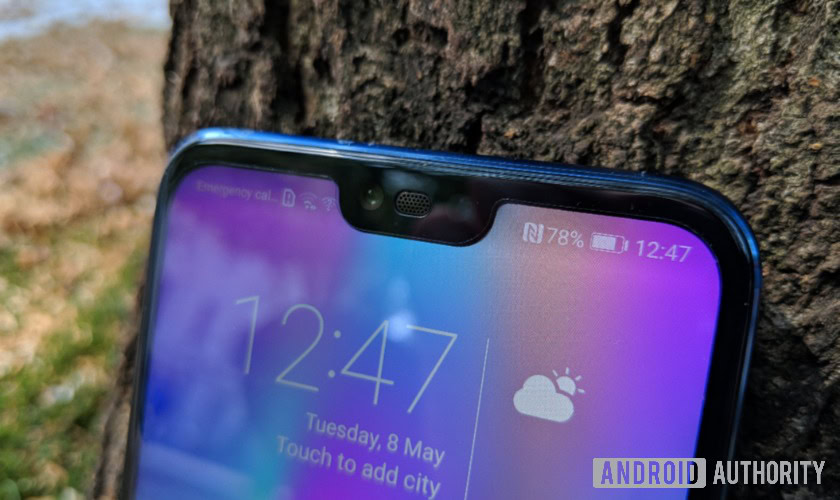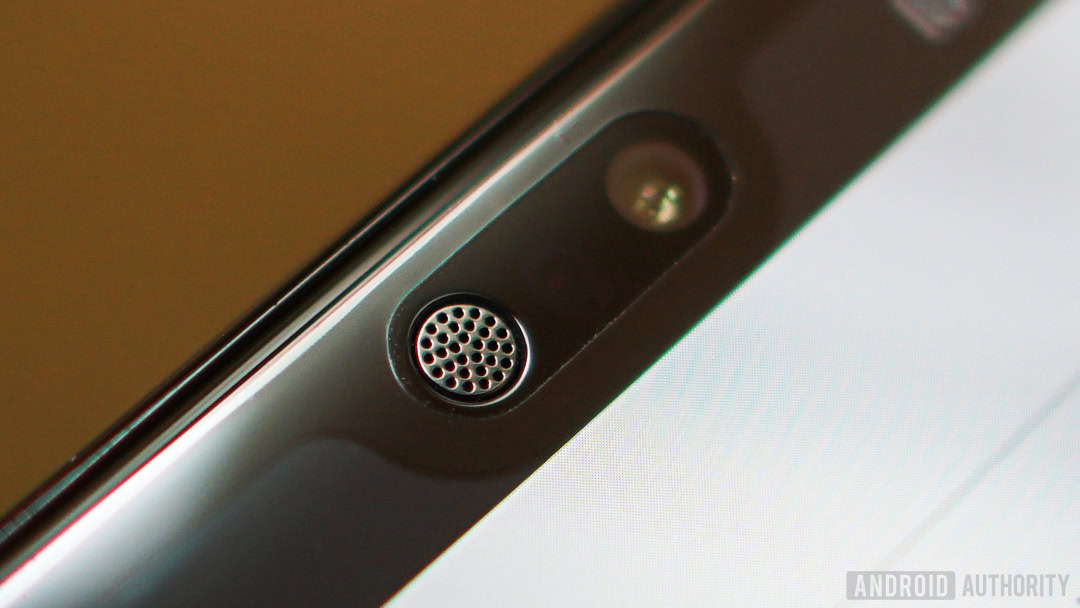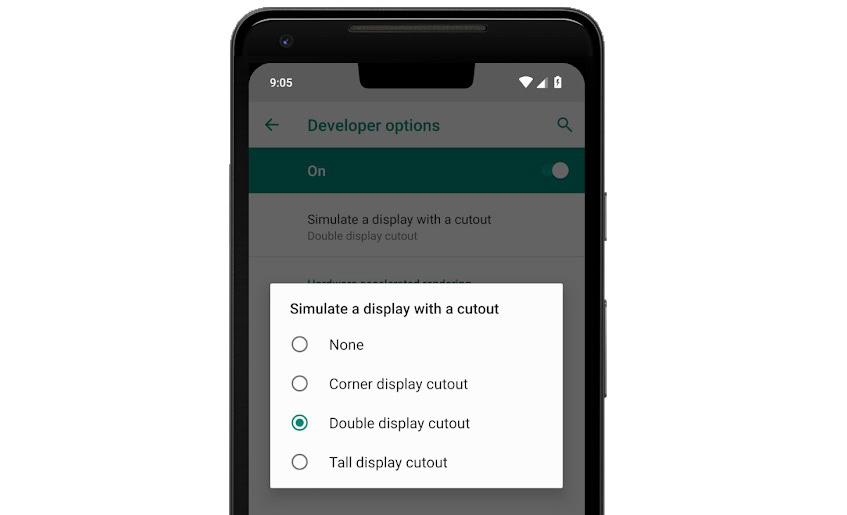Affiliate links on Android Authority may earn us a commission. Learn more.
Google lays down the law on notches so OEMs can’t screw them up

- Google has produced some guidelines to help manufacturers develop notched smartphones.
- The company has also given app creators Android SDK tools to help them develop for notches of various sizes and locations.
- The guidelines appear in the Android P Dev Preview 5 and are expected to be part of the final version of the software.
Google has rolled out guidelines to help OEMs and app creators develop for smartphones with display notches. Google discussed the new principles, which arrive as part of the Android P Developer Preview 5 (Beta 4), in a blog post published yesterday.

Display notches allow Android OEMs to optimize their display area by housing sensors in a small cut-out, rather than the black bar that typically occupies the top portion of their phones. This design has risen in popularity since late last year, helping usher in an era of 18:9 and 19:9 screen aspect ratios.

In light of the notch’s increasing prevalence, Google has introduced the guidelines as a way to make sure apps provide “a consistently great experience across devices with one or two display cutouts, as well as devices with 18:9 and larger aspect ratios.”
This means giving app creators the tools to develop for phones with multiple notches (a top and a bottom, for example) and notches in different sizes and locations. Developers can simulate these cutouts in their apps using the Android P SDK.

The guidelines have also thrown up a few rules for Android OEMs. Google says it worked with device manufacturer partners to establish a set of practices for notch implementation so that the hardware design won’t conflict with software rules built for app devs. To that end, Google says you “won’t see multiple cutouts on a single edge, or more than two cutouts on a device,” and you “won’t see a cutout on the left or right long edge of the device.”
It was always unlikely, but this rules out the triple-notched Android phone you’ve all been dreading.
Google is expected to roll out its next version of Android, Android P, in August, and a notch-toting third generation Pixel phone (the Google Pixel 3 XL) later this year. For more on the notch guidelines, check out the official Android developer documentation.